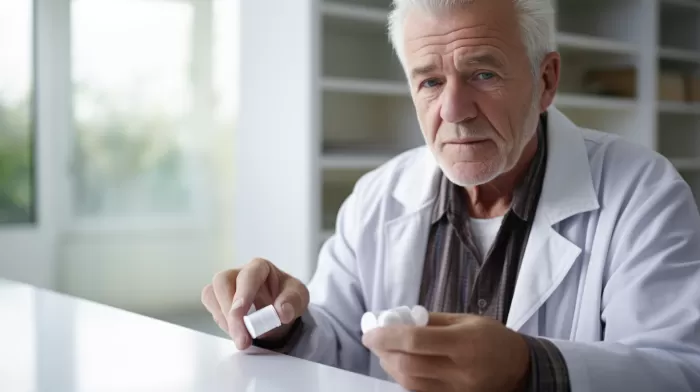You may have heard of the placebo effect, where a person’s belief in the effectiveness of a fake treatment or pill actually produces a real improvement in their symptoms. But have you ever considered its darker counterpart, the nocebo effect? This lesser-known phenomenon can have powerful negative effects on our health, based solely on our expectations and mindset.
Understanding the Nocebo Effect
Nocebo, derived from the Latin word for “I shall harm,” is the opposite of the placebo effect. Instead of the positive outcome associated with the belief that we are receiving a beneficial treatment, the nocebo effect results from the power of negative expectations. In simple terms, if a healthcare practitioner communicates negative expectations about a treatment or procedure to a patient, that individual’s belief that something bad will happen may actually lead to negative side effects or increased suffering.
For example, if a doctor mentions that a drug may cause specific side effects, a patient might start experiencing those symptoms even if they are taking a placebo version of the medication. Similarly, if a healthcare professional warns that a procedure may cause pain or discomfort, that description may amplify the patient’s suffering simply because of their beliefs and expectations.
The Impact of the Nocebo Effect
Researchers have begun to investigate the consequences of the nocebo effect to evaluate its potential impact on patients’ health and well-being. One study published in the journal Deutsches Ärzteblatt International found evidence to support the negative consequences of this phenomenon. The study concluded that:
- Doctors must be cautious when discussing the side effects of drugs, as the mere mention of potential issues can contribute to the occurrence of those side effects.
- If healthcare practitioners describe a procedure as painful or uncomfortable, that description can exacerbate the patient’s actual discomfort.
- When doctors emphasize the possibility of negative complications, patients may experience more adverse outcomes.
These findings raise important questions about the role that communication and patient expectations play in the treatment process. By emphasizing negative aspects, healthcare professionals may inadvertently contribute to worse patient outcomes. In contrast, fostering a more positive, reassuring environment could potentially help patients avoid unnecessary suffering and even improve overall health outcomes.
Reducing the Nocebo Effect
So, what can healthcare providers, and even patients themselves, do to minimize the harmful impact of the nocebo effect? Here are some tips to help reduce this negative phenomenon:
Mindful Communication
Healthcare professionals should be aware of the language they use when discussing potential side effects or complications. Instead of highlighting the negative aspects, providers can focus on the benefits and overall goals of the treatment. Framing the conversation this way may help alleviate patient anxiety and reduce the likelihood of experiencing negative side effects.
Patient Education
Properly informing patients about their treatment and what to expect can help decrease the chances of the nocebo effect taking hold. By presenting a balanced view of the risks and rewards, patients can have a better understanding of their situation and make informed decisions about their care.
Building Trust
A strong, trusting relationship between patients and healthcare providers goes a long way in mitigating the power of negative expectations. Trust can be developed through empathy, clear communication, and involving the patient in the decision-making process.
Encouraging Relaxation Techniques
Teaching patients relaxation techniques, such as deep breathing, progressive muscle relaxation, and guided imagery, can help reduce anxiety and stress surrounding medical treatments. Decreasing stress can, in turn, lower the likelihood of the nocebo effect.
A Call for Further Research
While the role of the nocebo effect in medicine is gaining more attention, there is still much research to be done to fully understand its impacts and determine effective strategies to minimize its harm. More in-depth studies are needed to explore the many variables that contribute to this phenomenon, including individual differences, cultural factors, and specific medical conditions.
In the meantime, raising awareness about the nocebo effect and encouraging more positive, constructive communication in healthcare settings can offer potential benefits for both patients and professionals alike. By recognizing and addressing our own expectations and beliefs surrounding medical treatment, we can work towards more effective and supportive health care experiences.



